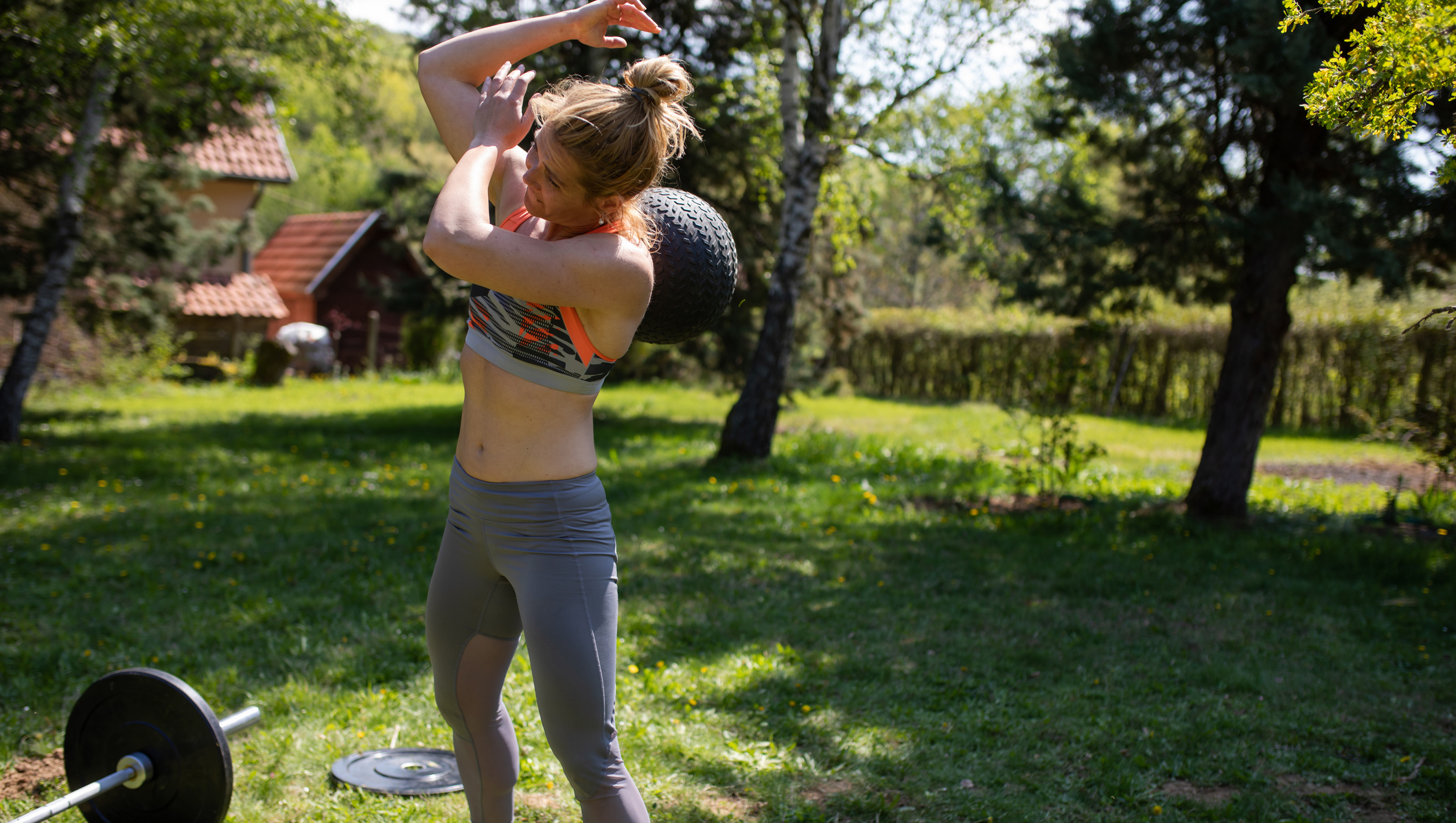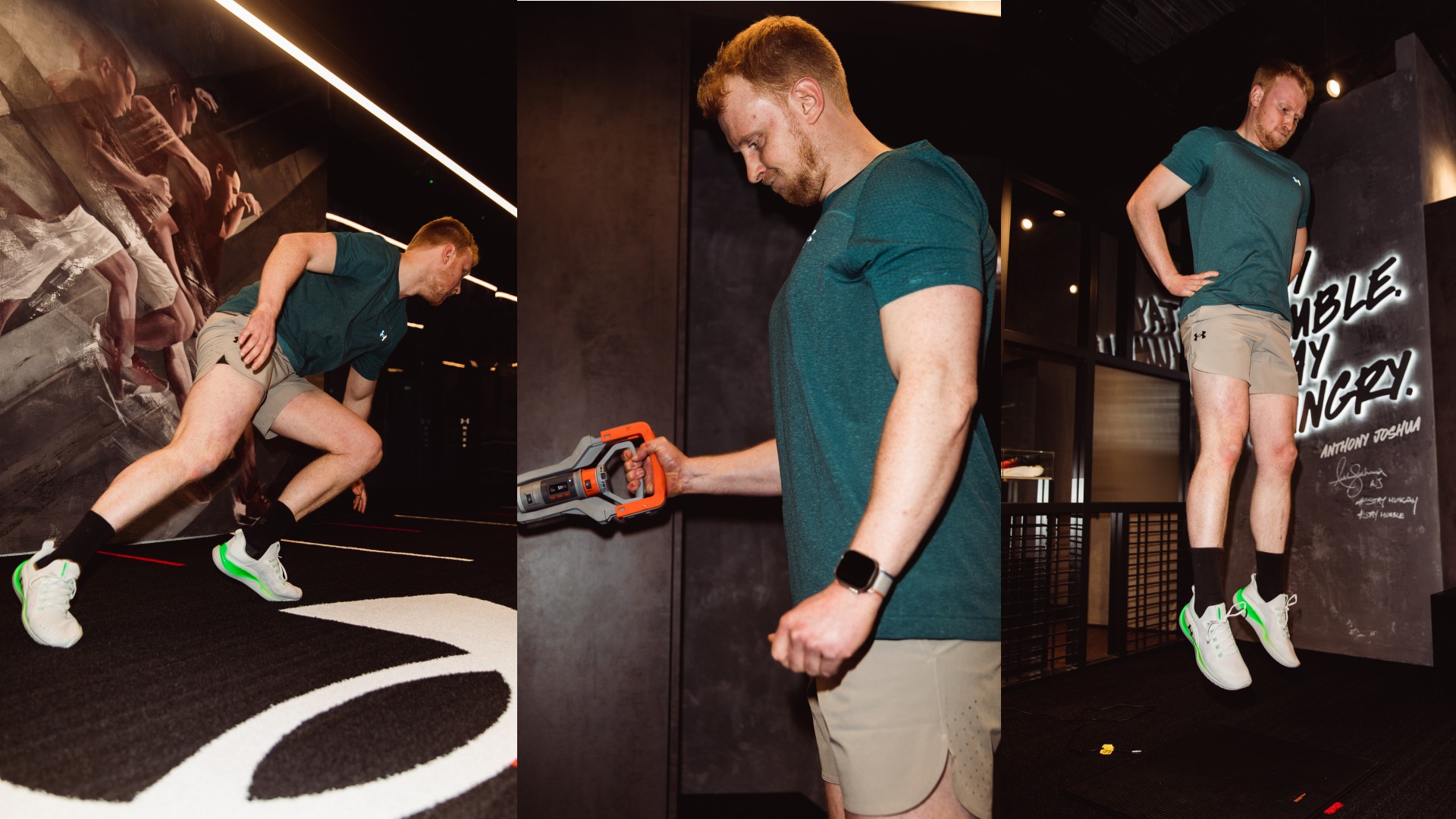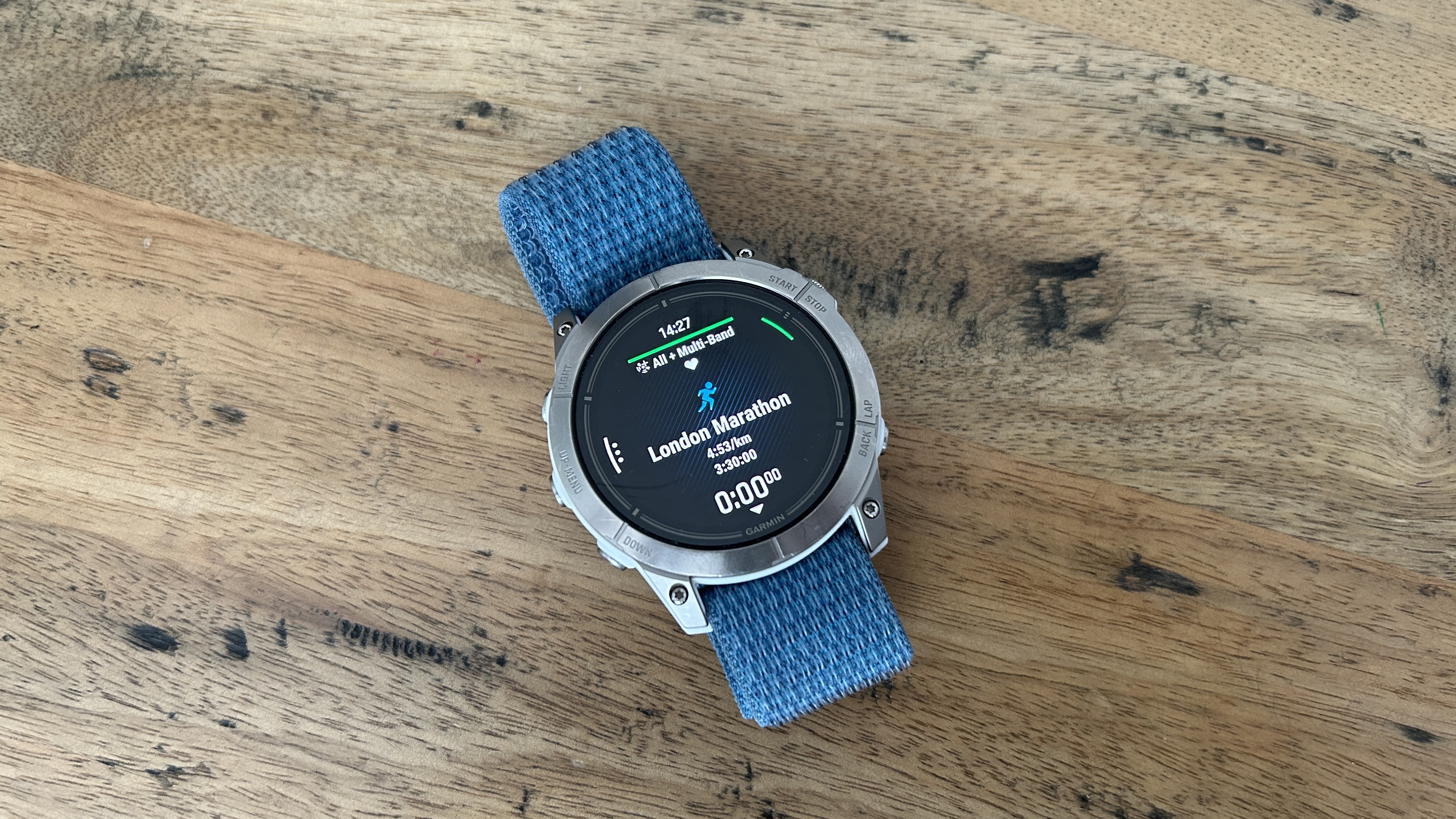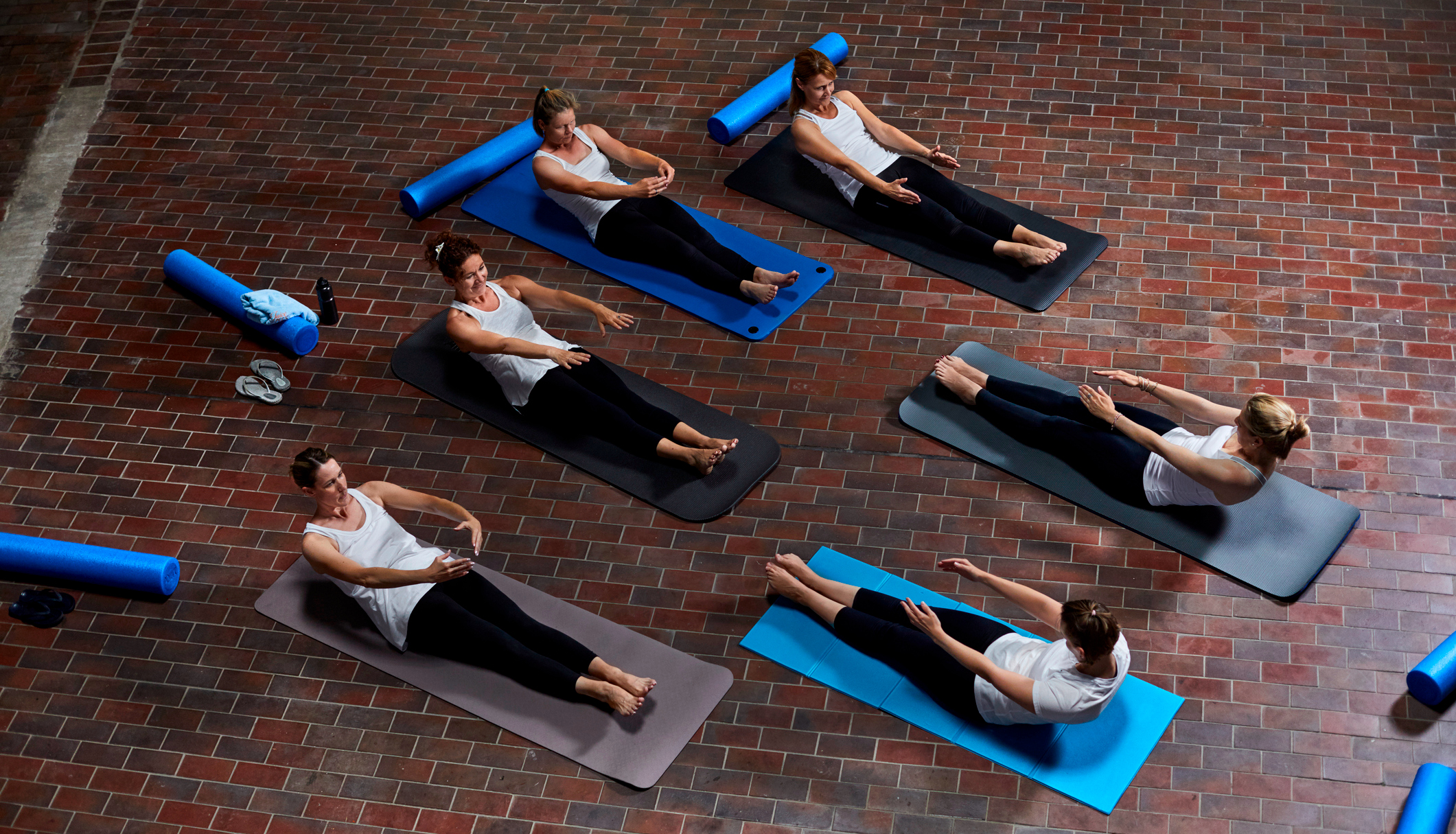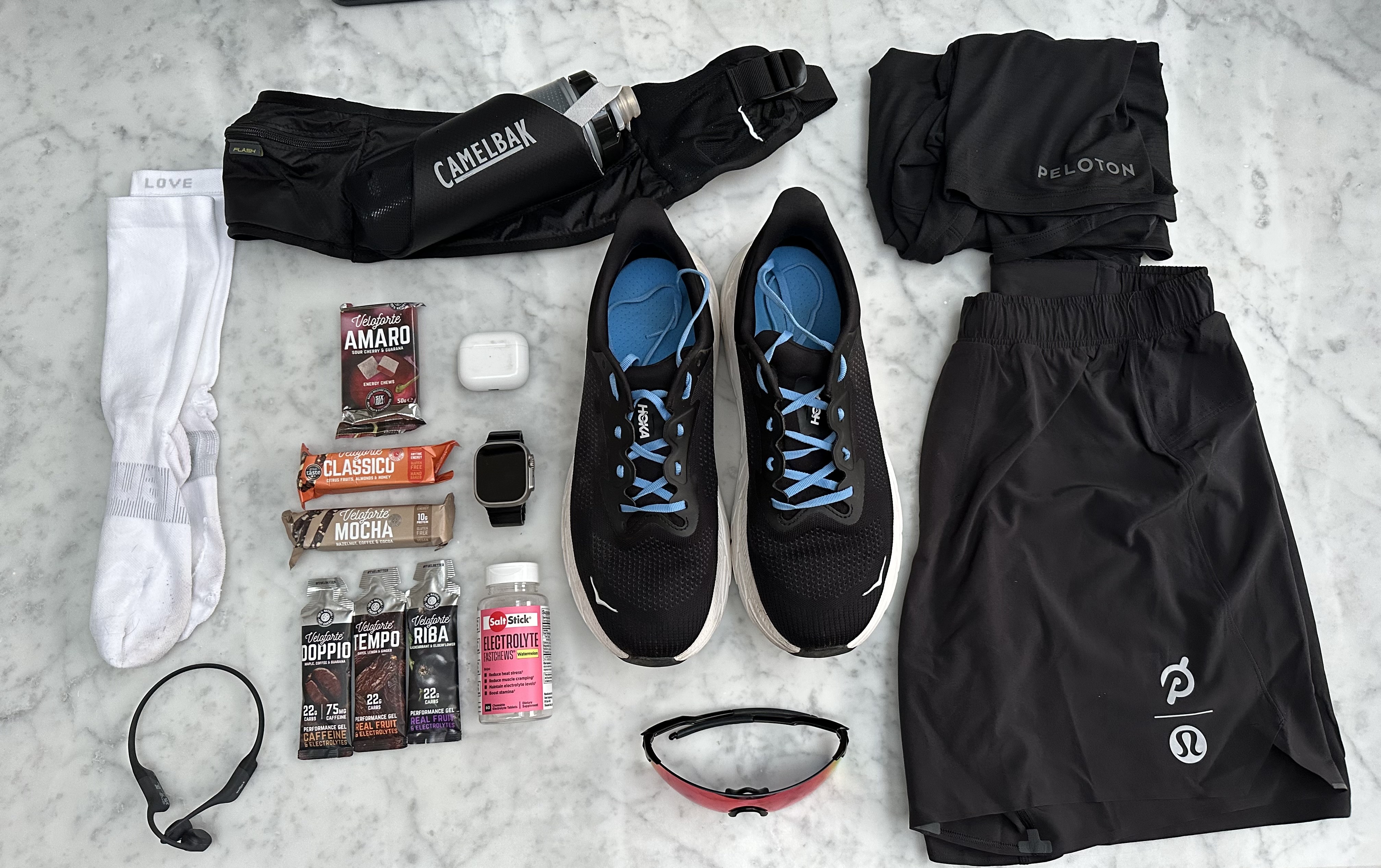Do Beetroot Supplements Work? Yes!
If you want to improve your running or performance in pretty much any sport, beetroot shots may well help
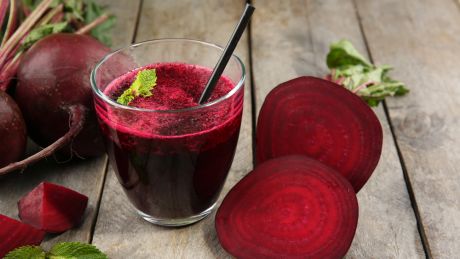
When you’re looking at the cutting edge of sports science for ways to improve your performance, there are some things you might expect to come across. Advanced shoes containing carbon plates, for example, or ingenious carbohydrate supplements that form a gel when they come into contact with stomach acid to make them easier to digest.
What you might not expect to come across is the humble beetroot. However, beetroot is high in nitrate, and there’s an increasing amount of evidence that nitrate can boost your performance in running and other sports.
We spoke to Andrew Jones, professor of applied physiology at Exeter University, about the benefits of beetroot supplements, and the best way to increase the amount of nitrate in your diet.
What are the benefits of using beetroot supplements?
The key observation that we made around ten years ago was that when athletes supplement their diet with beetroot juice, a source of dietary nitrate, that the oxygen cost of running becomes reduced. In other words, running economy at sub-maximal speeds is better.
There’s some evidence more recently that muscle contractile function can be enhanced as well. So potentially the ability to improve power and high speed could be enhanced at the same time.
Are there benefits for non-athletes as well?
In addition to the performance effects, we now know that consuming nitrate in our diet is pretty good just for our cardiovascular and metabolic health. It’s no coincidence that governments worldwide are recommending five portions of vegetables per day, and the epidemiological studies indicate that it’s green leafy vegetables that are particularly beneficial, because they tend to contain quite a lot of nitrate.
In the body the nitrate ultimately gets converted into nitric oxide and that can dilate the blood vessels and lower your resting blood pressure, so there are health benefits as well as performance ones. Increasing our consumption of nitrate-containing foodstuffs is a very good thing.
Get the Coach Newsletter
Sign up for workout ideas, training advice, reviews of the latest gear and more.
What’s the best way to increase dietary nitrate to improve performance – through supplements or by eating nitrate-rich foods?
I think a bit of both. We need to be conscious of our food choices. It’s not just beetroot juice that contains nitrate – there’s lots in various lettuces and spinaches, and green leafy veg generally. So making those choices is beneficial. But often, it’s not so easy to eat five-plus portions per day, and supplementing your diet with a shot or a glass of beetroot juice once a day is probably a good way to ensure we’re getting enough of that particular nutrient.
What kind of supplements are available?
Shots are the main one. To get what we think is the optimal amount of nitrate you had to drink quite a lot of regular beetroot juice, maybe half a litre, so now you can get much smaller, concentrated high nitrate shots. You can get a very effective dose in just a couple of mouthfuls now, which a lot of people find more practical.
What’s the best way to use beetroot supplements for a big race?
Typically it’s a good idea to take some on race day – about two to three hours before the start of the race is enough to enable the bacteria to activate the nitrate and make it available to the muscles. A belt-and-braces approach would be to take it for a few days in the build-up to a major race as well as on the morning of the race itself.
Do you need to practise with beetroot shots to avoid gastric distress?
It’s never sensible to try something new on the day – you wouldn’t wear a new pair of racing flats – so it’s always worth experimenting beforehand. But I do think on race day that people have dodgy stomachs anyway, and beetroot juice gets the blame when it doesn’t always warrant it. When we do studies in the lab where people aren’t nervous about performing to their best capability, we don’t find that it causes any more gastric disturbance than the control conditions.
Can you get enough nitrate by eating beetroot?
It can be enough, but you have to be careful because when you boil a beetroot, or a cabbage or anything, a lot of the good stuff leeches out into whatever liquid you boiled it in. You throw most of it away. If you were to roast the beetroot then you’d probably retain most of it.
Are beetroot shots just effective for runners, or have other athletes used it?
Beetroot shots have been used by many Premier League football clubs, and a lot of rugby teams use it too. There’s growing evidence that it’s not just endurance athletes, and within that it’s not just runners, it’s cyclists, triathletes, rowers, swimmers and also team sport players. There do seem to be effects for intermittent play intensity, sprint-recovery activities, like football, rugby, hockey, or whatever.
See related
- Running Supplements For Marathon Runners
- The Best Supplements To Consider Taking (And The Ones To Avoid)
Does it have the same effect for everyone?
Let’s talk about runners. The fitter you are as a runner, the higher your VO2 max and the better your PBs, the less you’re likely to benefit in absolute terms. That’s probably because most of the things that need to be adapted are already adapted. Plus, if your energy output is so high, you’re probably consuming more calories and you’re probably making sensible dietary choices, and it might be that you’re consuming enough nitrate anyway. But that’s not to say that there might be a small effect, and certainly a lot of elite distance runners including Eliud Kipchoge do swear by it. They seem to believe it improves their performance.
We also find quite a lot of variability between people. Some people have more effective mouth bacteria and other people are better able to take nitrate up in their muscles. Some people are super-responders. That’s the same with any nutritional ergogenic aid, whether it’s caffeine or bicarbonate or creatine – you tend to find that some people respond better than others.
So while on the one hand people who are less well trained seem to benefit more from nitrate supplementation, there are responders and non-responders irrespective of how fit you are.
Is research into the effects of nitrates still continuing?
Yes. When you consume nitrate in your diet, nitrate isn’t actually bioactive – it doesn’t do anything. We have to activate it and an essential component of that is the bacteria in our mouths. The bacteria that have evolved to reside in our mouths are really important in extracting the maximum benefit from diet, but very little is known about which bacteria are important and how they respond to ageing, to fitness, to diet and so on. We’re doing a range of experiments to look at that.
If you use an antibacterial mouthwash, which some people do daily, you actually kill the bacteria and then you don’t see any benefit from beetroot juice or dietary nitrate. But if, in the future, you could find a mouthwash that augmented the positive bacteria that do these important things for us, that would be good.
That’s one strand of investigation. The other one is what happens at the other end of the process? How does the nitrate get into muscles? So we’re taking muscle biopsy samples. We know that nitrates are elevated in the blood, but do they also go up in muscle? The initial observations are that they do, and that when we exercise, the muscle uses that in the contraction process. That’s all pretty exciting – that’s never been shown in humans before, but it does appear that our muscles really do like to have nitrate and nitrite present in order to function effectively.

Nick Harris-Fry is a journalist who has been covering health and fitness since 2015. Nick is an avid runner, covering 70-110km a week, which gives him ample opportunity to test a wide range of running shoes and running gear. He is also the chief tester for fitness trackers and running watches, treadmills and exercise bikes, and workout headphones.



